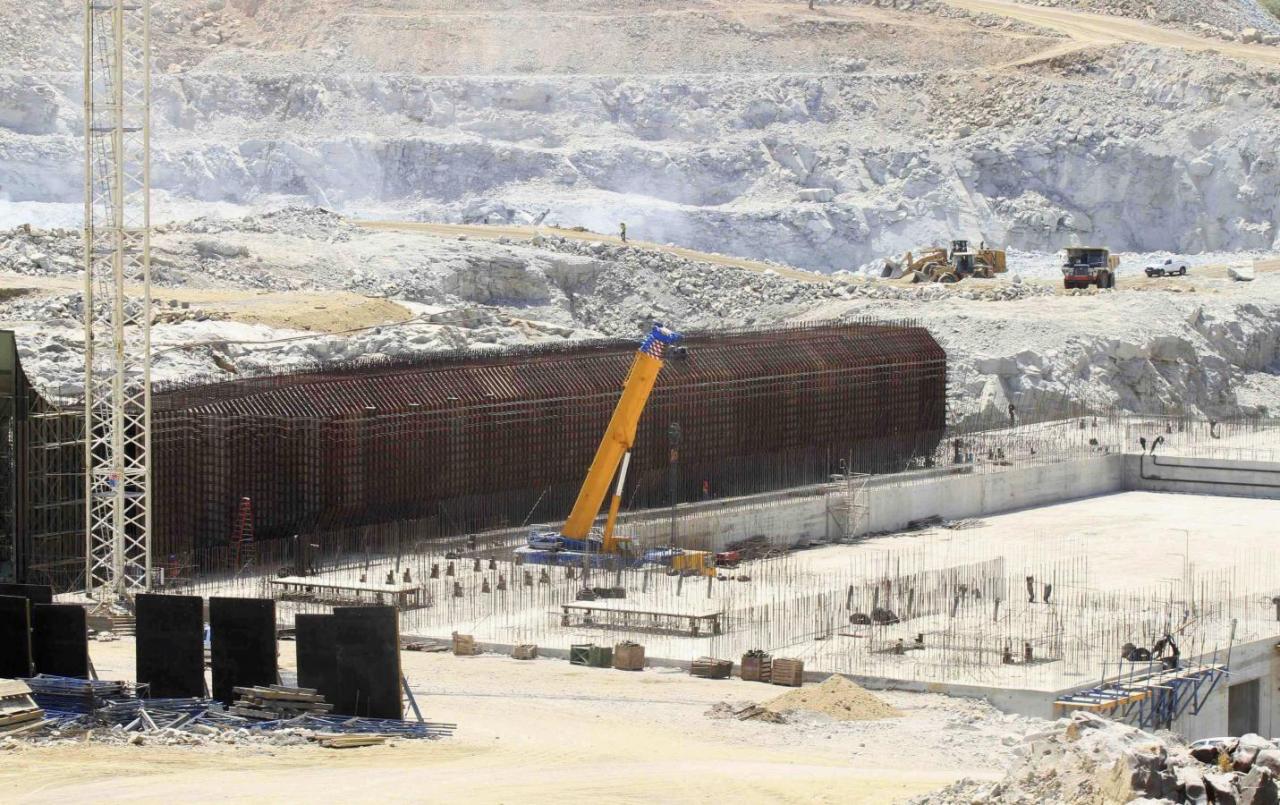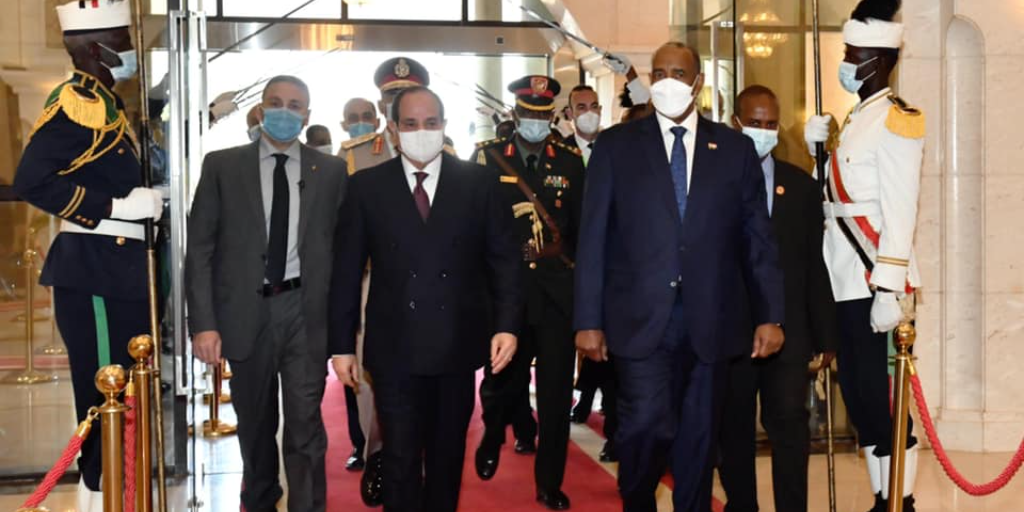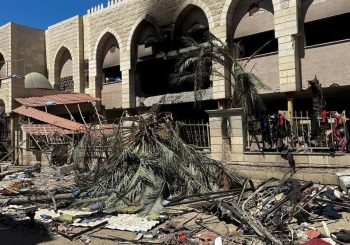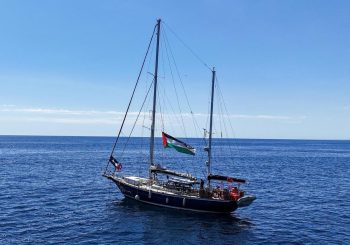
President Abdel Fattah Al Sisi met with Sudanese officials in Khartoum on Saturday to discuss the ongoing tensions with Ethiopia regarding the construction of the Grand Ethiopian Renaissance Dam (GERD).
In a statement released by the Egyptian Presidency following the Joint Press Conference with the President of the Sudanese Sovereign Council, Sisi stressed the importance of reaching a ‘fair, balanced and legally binding agreement’ as soon as possible. He renounced the idea of a ‘fait accompli’ approach, by which Ethiopia’s decision-making would not involve Egypt and Sudan, despite the effects GERD would have on the two nations.
Sisi also announced plans to ‘relaunch the path of negotiations’ and involve an ‘international quartet’ of mediators comprising the African Union, United States, European Union and United Nations. So far, many of these groups have already been involved in mediation, but it is hoped that a combined approach will maximise chances of successful negotiations, according to the Egyptian president.
The close relationship between Egypt and Sudan was also discussed, with the talks in Sudan following the recently-signed military cooperation deal between the two nations. Sisi’s press conference statement praised their historical bond and ‘shared destiny’ of the two nations in the face of the GERD threat.
The talks, which necessitated Sisi’s first visit to Sudan since the fall of autocrat Omar al Bashir in 2019, follow years of tension surrounding the dam’s construction.
Despite mediation and ongoing negotiations since 2011, a concrete agreement is yet to be reached. The $USD 4.8 billion hydropower project, which is set to be completed in 2022, has the potential to boost Ethiopia’s economy and provide enough clean electricity to lift millions out of poverty.
Yet the project has been a pressing point of contention with the downstream nations of Egypt and Sudan as its construction threatens their already dwindling water supply.
Historically, Egypt has enjoyed a considerable share of the Nile’s water due to the 1902 and 1929 colonial-era agreements implemented by the British, as well as a 1959 post-independence bilateral agreement between Egypt and Sudan. These agreements allocated Egypt 55.5 billion cubic meters water and Sudan 18.5 billion cubic metres.






Comments (4)
[…] this month, President Abdel Fattah Al Sisi met with Sudanese officials in Khartoum and announced plans to ‘relaunch the path of negotiations’ and involve an ‘international quartet’ of mediators […]
[…] this month, President Abdel Fattah Al Sisi met with Sudanese officials in Khartoum and announced plans to ‘relaunch the path of negotiations’ and involve an ‘international quartet’ of mediators […]